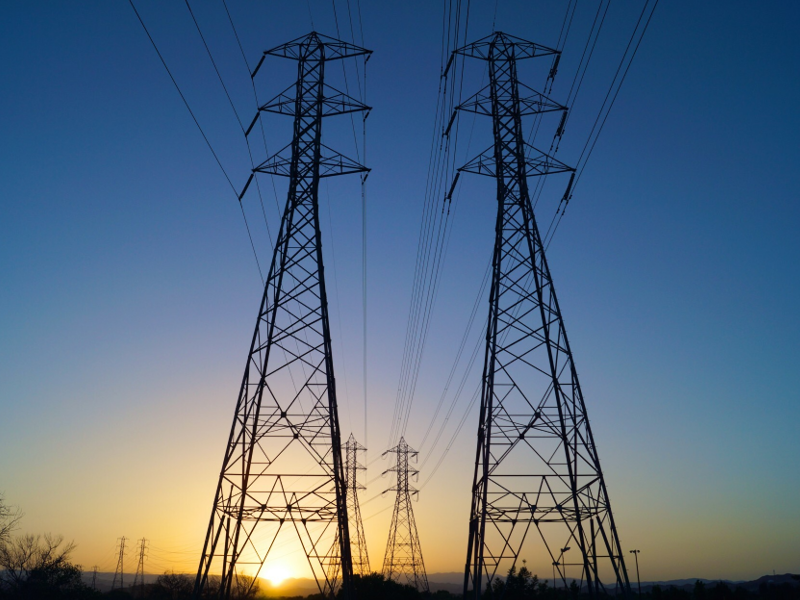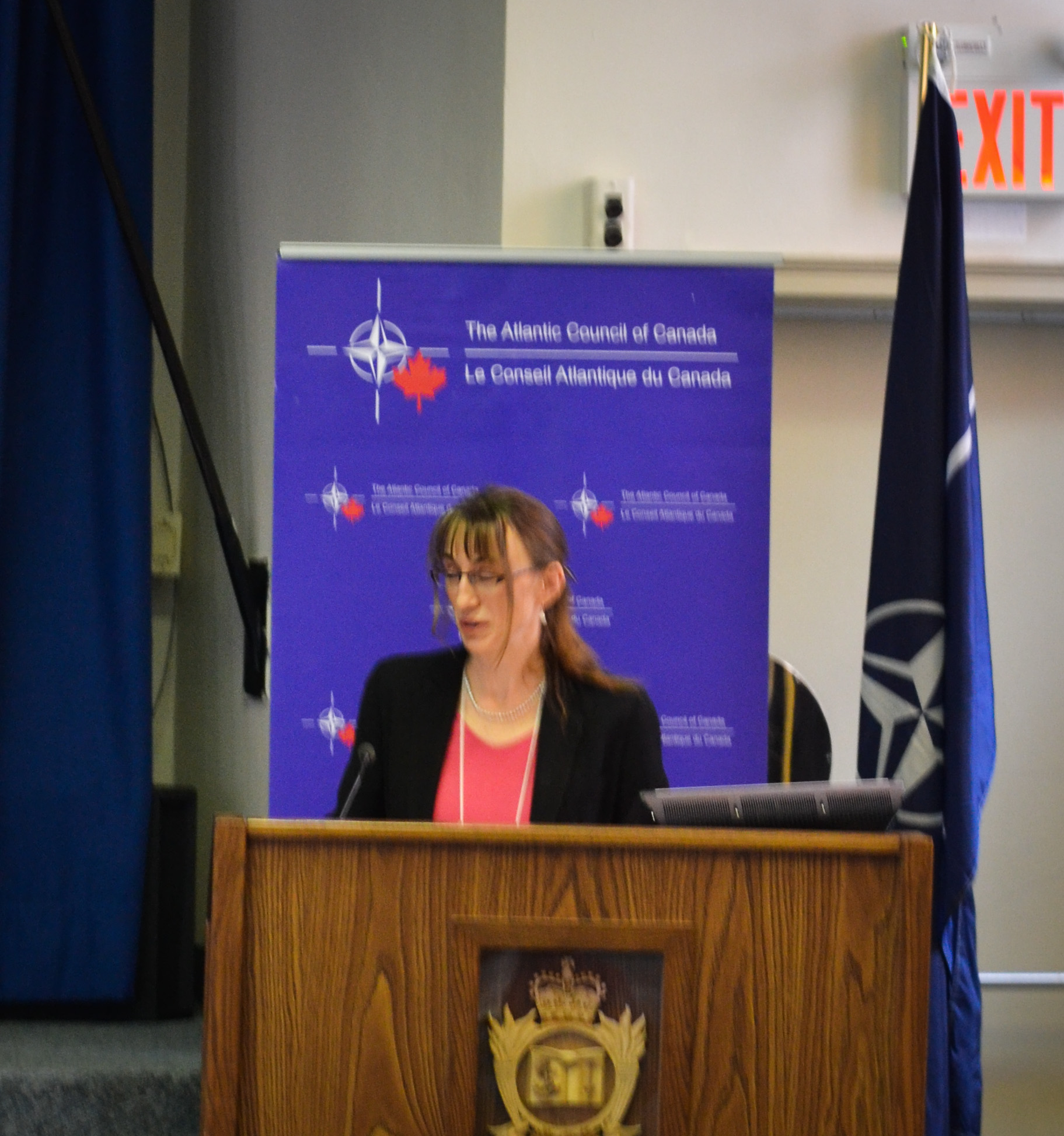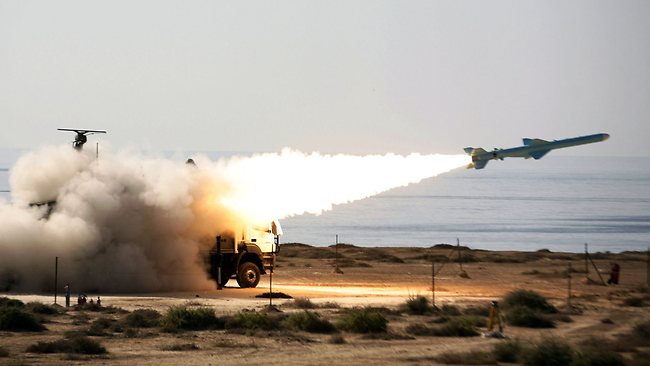In the current digital era, cyberattacks on Canadian energy networks raise serious geopolitical security concerns. These attacks have a significant impact on the geopolitical environment in addition to endangering the energy infrastructure. Cyberattacks on Canadian energy networks have far-reaching geopolitical repercussions that touch on many important industries. affecting national security, public safety, and the economy. Such assaults can interfere with vital infrastructure and compromise the country’s ability to function as a whole. If disruptions in energy supplies emerge, the economic consequences are significant across various sectors, resulting in reduced productivity, job losses, and higher company expenses.
Potential repercussions of targeting the oil and gas industry as a key target include dangers to public health, financial losses for enterprises, and interruptions in essential services. Particularly the heightened threat from Russian-aligned hackers, aiming to exploit vulnerabilities in energy infrastructure, adds geopolitical complexity. Given how strongly both consumers and businesses depend on a steady and consistent supply of energy, this will negatively impact the economy. Canadian energy grids play a vital role in ensuring the reliable supply of electricity to homes, businesses, and essential services. Power outages have the potential to endanger lives by interfering with transportation, industry, and healthcare institutions. Corporations and small businesses alike are susceptible to suffering financial losses due to downtime and reduced productivity. The Canadian economy suffers an economic loss of $167 billion CAD when outages occur, resulting in days or weeks on the extreme end. Natural disasters, while mostly unforeseen events by mother Earth cost Canada billions, targeted cyber-attacks pose a significant threat due to larger economic threats over a prolonged period. Cybercrime has resulted in an approximate one trillion dollar loss for the global economy in 2020 alone, which has only been increasing over time, specifically 50% since 2018. While individuals may face hardships in sustainability due to the lack of electricity for heating, cooling, and other essentials.
To prevent targeted attacks from foreign threats the need for international cooperation becomes evident, as cybersecurity threats necessitate collaborative efforts, information-sharing, and joint actions to combat cyber threats effectively. Collaboration is critical for mitigating threats posed by cyberattacks; via enforcing security features to shield power grids. For instance, assessing energy grid structures collaboratively, can address concerns more swiftly. Moreover, joint efforts with Canada and its allies can improve public awareness campaigns geared toward teaching the community the importance of cybersecurity in protecting the electric system. This entails putting strong security measures in place, regularly assessing vulnerabilities, and improving incident response capabilities. Moreover, enhancing public understanding of the significance of cybersecurity can also help to protect the electrical system.
The main cyberthreats facing Canada’s oil and gas industry are ransomware and financially motivated cybercrime, particularly business email hacking. Russia has demonstrated its intent for destructive cyber-attacks: targeting Canadian and US critical infrastructure, including oil and gas; there is, moreover, an increased chance that state-sponsored cyber actors will investigate. Canada’s vital infrastructure in the midst of Russia’s invasion of that country; Canada’s Communications Security Establishment (CSE) warns that Russian-aligned non-state actors are likely to persist in attempting to compromise the country’s oil and gas sector. The oil and gas industry are a prime target because of its prominence, accounting for 5% of GDP and employing over 500,000 Canadians. Its vast attack surface further increases its vulnerability, in other words, the oil and gas industry’s largely complex digital systems create more opportunities to exploit electronic vulnerabilities, resulting in more cyber-attacks that will impact. Pro-Russian hackers are concentrating on operational technological networks, highlighting the necessity of improved cybersecurity safeguards in times of geopolitical unrest. Because Canada is a significant energy producer and exporter on the international stage, such attacks may have political repercussions such as a lack of trust amongst trading partners, constrained diplomatic relations, and the opportunity of financial sanctions, deterring international cooperation. This was made clear by the 2019 and 2023 US imposed sanctions on a number of Russian politicians and businesses, such as state-owned oil corporation Rosneft, following proof that showed their role in cyberattacks against Ukraine’s vital infrastructure, The international community’s response was emphasized by economic sanctions in addition to international condemnation, underscoring the prospective geopolitical ramifications of cyberattacks on energy networks. Disruptions to the energy infrastructure have the potential to cause trading partners to lose trust in one another, which could impact diplomatic ties and possibly lead to economic sanctions. Attacks with political or state-sponsored motivations have the potential to compromise a country’s security and stability, straining diplomatic ties and raising tensions. The cyber threat panorama facing Canada’s electricity sector is intricate, encompassing activities such as fraud, ransomware endeavours by cybercriminals, espionage, and strategic positioning by state-sponsored entities as witnessed by Russia’s cyber aggression. These attacks could strain diplomatic ties and add to an ongoing concern in the context of international relations since hostile foreign actors target Canada’s cybersecurity almost hourly. Cyberattacks can be used as a weapon to influence decision-making processes, apply pressure, and manipulate politics, as, for instance, the Russian interference in Canada’s 2019 federal election, which used cyberattacks and disinformation campaigns to disrupt the democratic process, sow discord, and undermine confidence. This demonstrates that cyberattacks have the ability to compromise a nation’s sovereignty and democratic ideas through meddling in political affairs. Ultimately, cyberattacks on Canadian electricity networks pose a threat to not only the stability and security of the nation but also have significant political ramifications, as governments are held accountable in the eyes of the public for their alleged cybersecurity shortcomings.
Cyber-attacks on Canadian energy grids pose significant threats to the supply of electricity and other essential services primarily as a result of the heightened risks brought on by the industry’s focus on the oil and gas sector. The oil and gas industry are considered a critical infrastructure given that it serves an imperative role in providing energy for numerous economic sectors. Attacks on this sector will affect other vital operations like transportation or manufacturing, in addition to the financial consequences it presents; unlike the nuclear industry, it employs a broader workforce, resulting in greater fiscal fallout if targeted. Furthermore, Canada, like numerous other states, rely extensively on oil and gas. The necessity for international cooperation is highlighted by the interconnection of energy grids, which increases the potential implications across critical sectors. To mitigate these dangers, cooperation between Canada and its diplomatic allies are essential, along with strong security protocols, frequent vulnerability assessment is essential. Additionally, advocating for increased resources for individuals to identify and illicit digital activities and support law enforcement to mitigate cyber-attacks on private and government infrastructures. This collaboration includes enforcing strong security features like multi-component authentication, community segmentation, and everyday updates to guard against cyber threats. Regular assessments, carried out with the aid of cybersecurity specialists along with electricity enterprise shareholders, prioritize protection investments and keep effectiveness towards evolving threats. Moreover, Public education campaigns empower Canadians to understand and record suspicious activities, improving the electricity grid’s resilience. By understanding the potential ramifications of these attacks, proactive measures can be taken to protect our vital infrastructure and guarantee that all Canadians receive a dependable, secure power supply.
Photo: CC0 Public domain, Ken Kistler
Disclaimer: Any views or opinions expressed in articles are solely those of the author and do not necessarily represent the views of the NATO Association of Canada.




